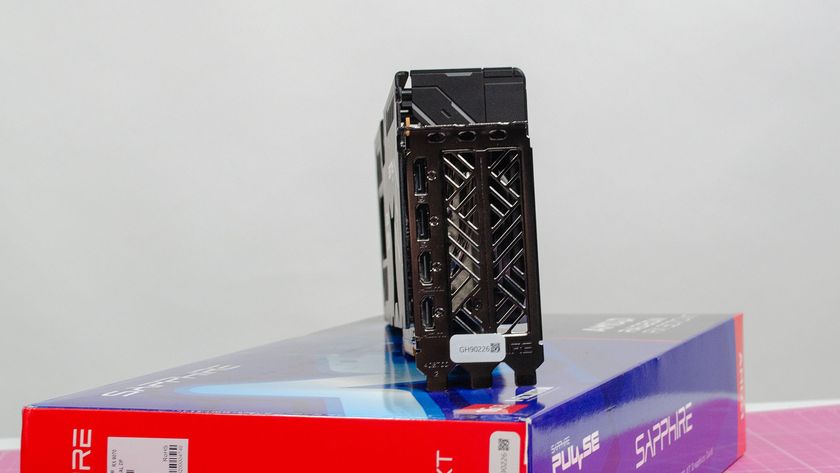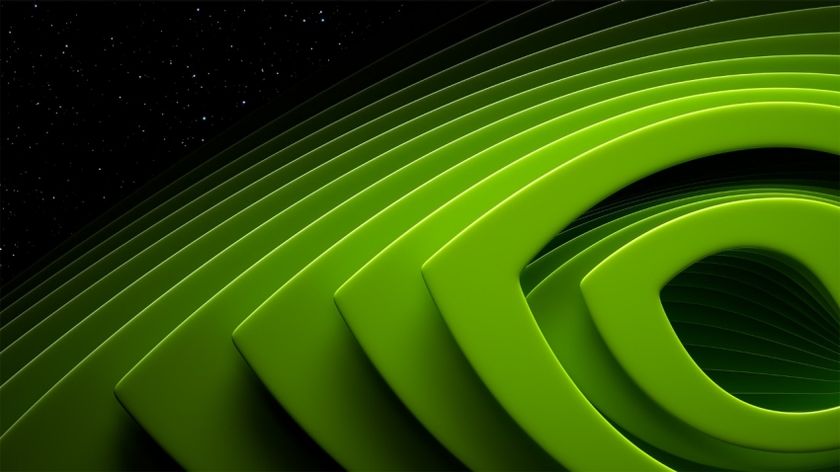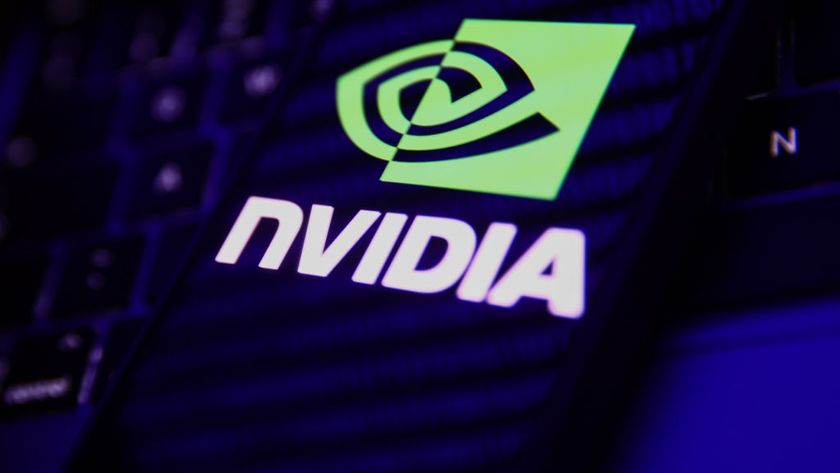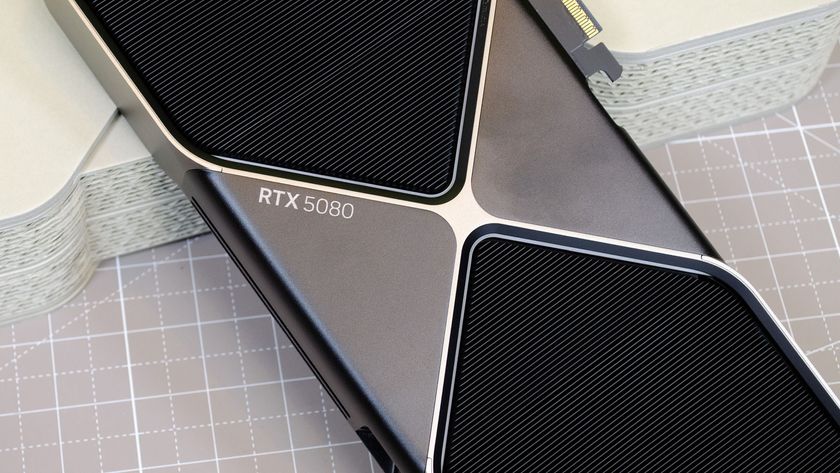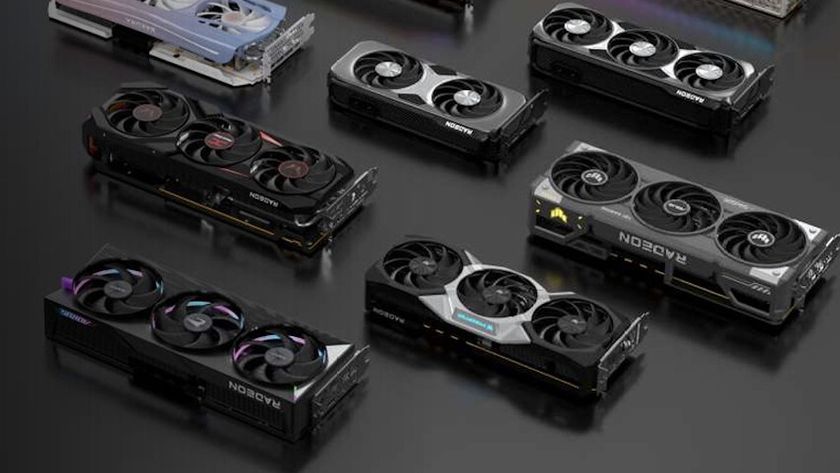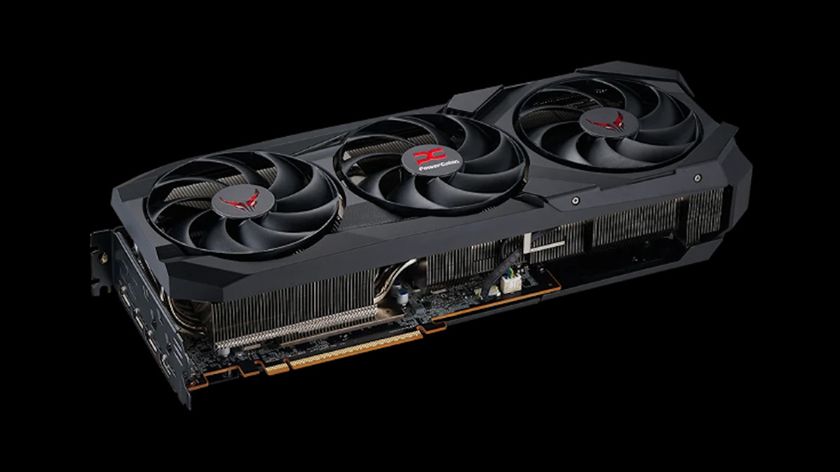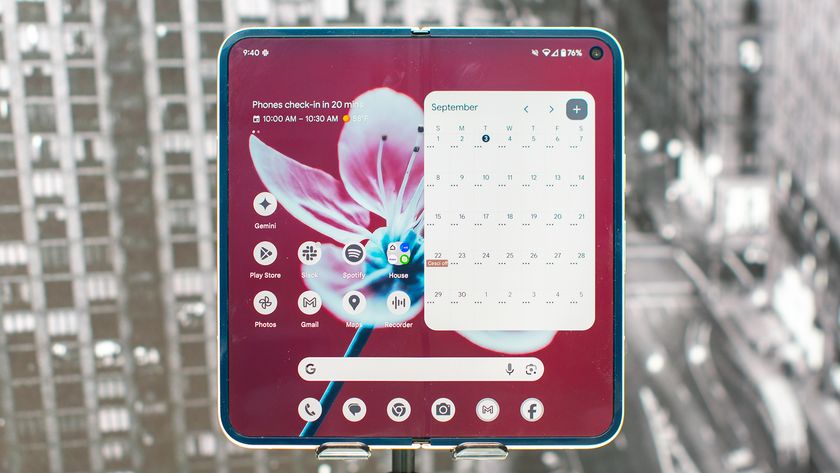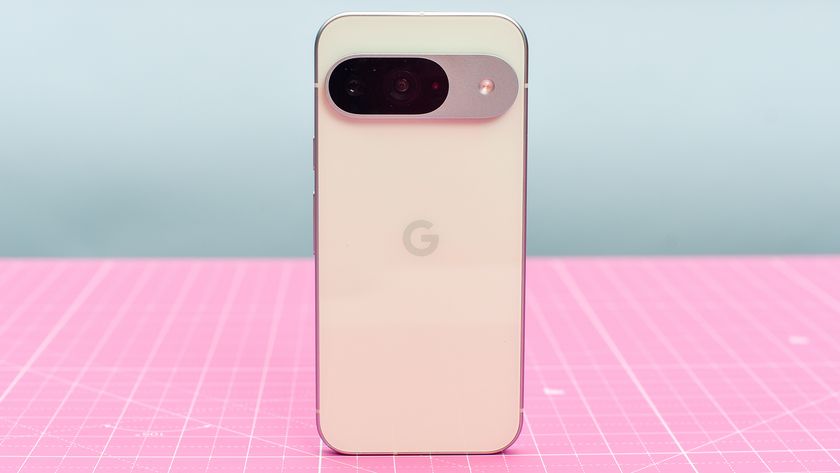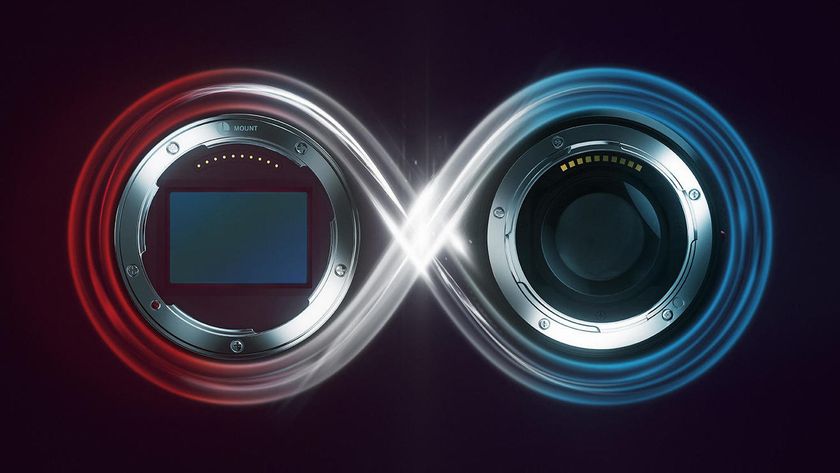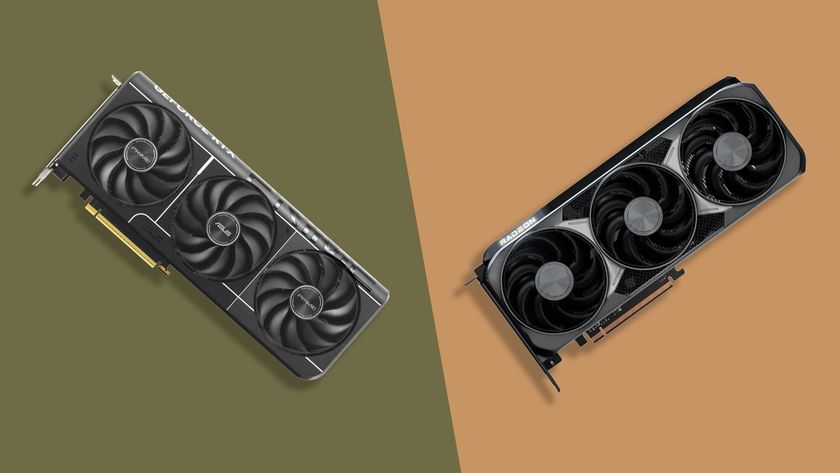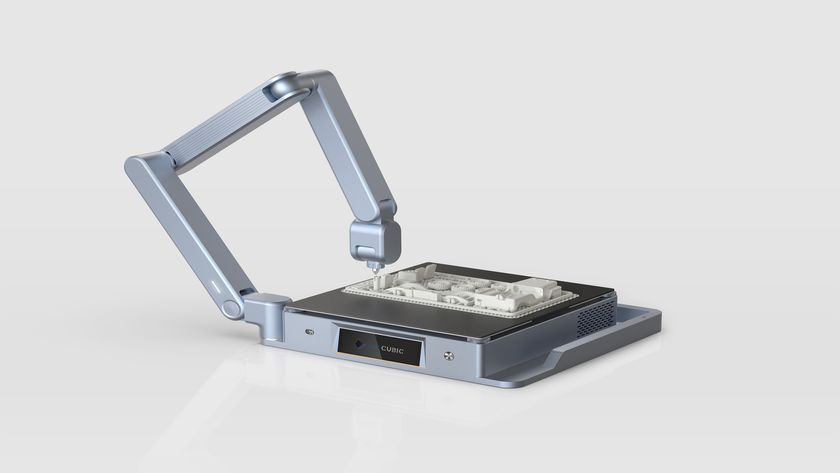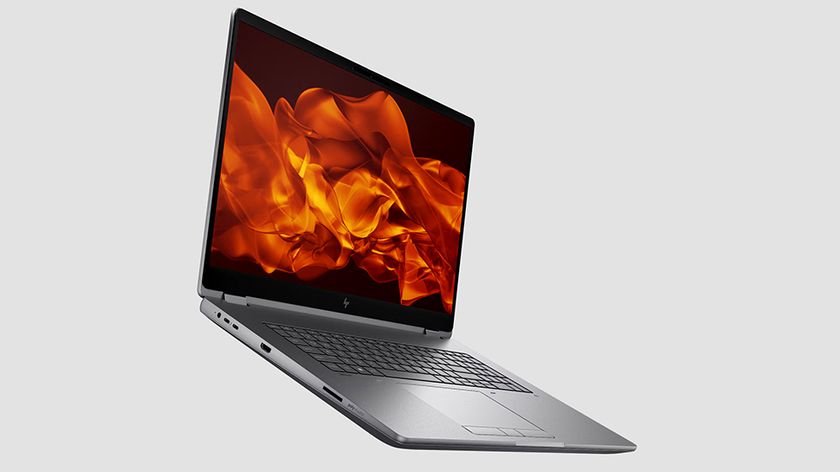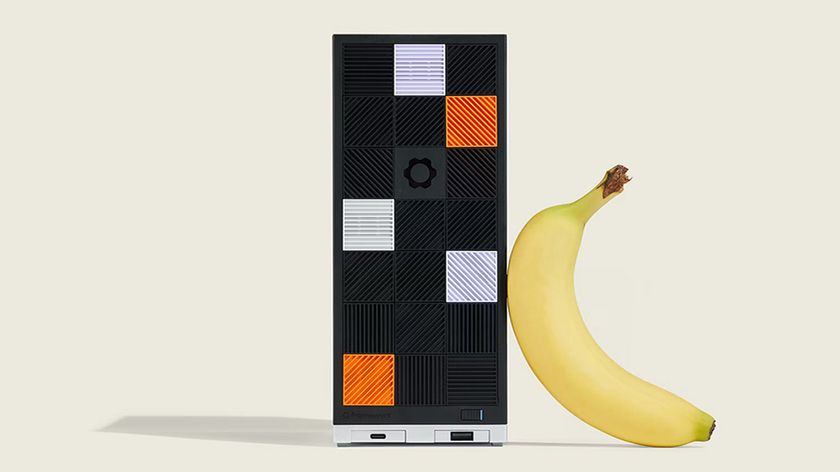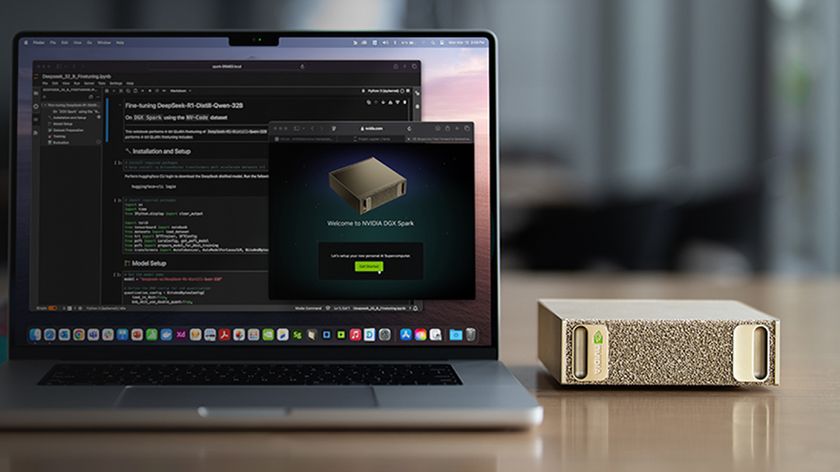When is the best time to buy a new CPU or GPU?
To wait or not to wait?
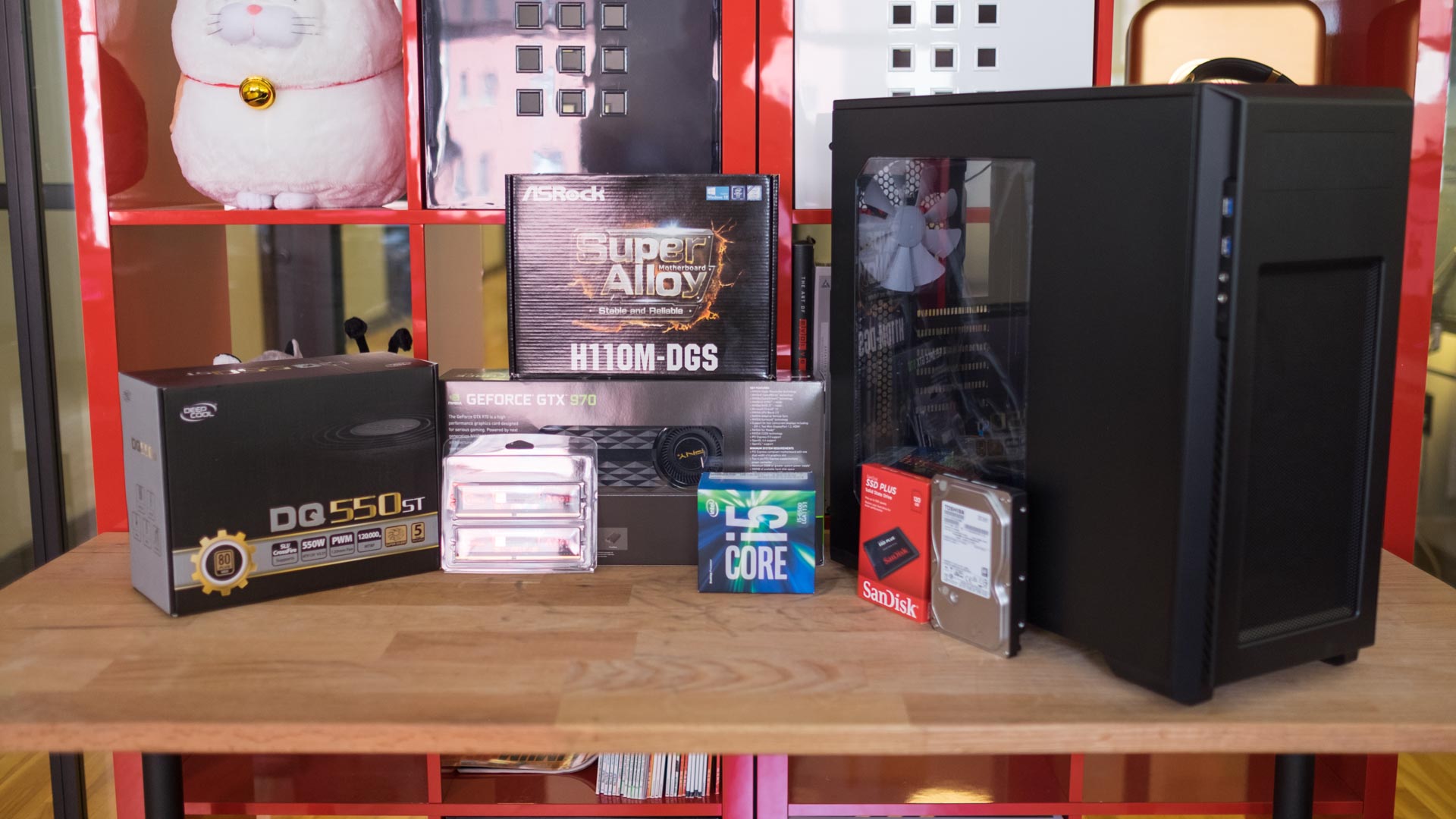
Picking the best CPU or graphics card is by no means an easy task. For most, factoring in everything from system temperatures to clock speeds is nothing short of a migraine. But, while dancing between Intel vs AMD and Nvidia vs AMD is a daunting decision: knowing when to buy your components is equally important.
Like the question of what to buy, there's no straightforward answer to the best time to buy a CPU or GPU. Instead, it largely depends on your specific needs.
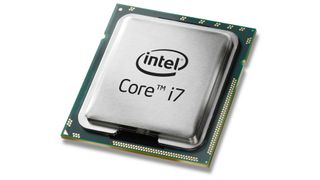
Would you rather spend more on a slightly more powerful, seventh-generation Intel Kaby Lake processor or an older, but still great, Skylake chip? Should you shell out $250 (around £190, AU$325) for a GeForce GTX 1060 over the GTX 980 equivalent, knowing there are still kinks to be worked out?
Patience is a virtue
The reality is, according to NewEgg SVP of Sales and Marketing Merle McIntosh, that it's impossible to recommend a single way for everyone looking to upgrade their rigs.
"Everyone is on a different upgrade cycle," he tells us. "Some prefer the highest graphics settings and will upgrade the moment new cards are released, while many will seek out the previous generation of cards when the price is right for them."
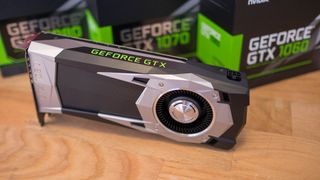
As we've seen in the last couple of months, the former group has flocked to Nvidia's "Founders Edition" cards, which, as we've noted in many of our reviews, are vastly overpriced considering the technical setbacks that accompany early adoption. New product launches frequently require a lot of waiting around for patches and potential recalls.
With the Founders Edition Pascal cards in particular, users are expected to pay a $100 (around £76, AU$131) premium for nearly the same hardware as an aftermarket card from companies like EVGA or MSI. Plus, buying a new graphics card or CPU early will often results in issues that could otherwise be avoided with a little patience.
Get daily insight, inspiration and deals in your inbox
Sign up for breaking news, reviews, opinion, top tech deals, and more.
Sure, it's tempting to get your hands on the newest tech – who doesn't want VR-capable gaming for $240 (£215, around AU$323) – but, in some cases, you're better off either holding out for firmware updates or settling for earlier technology either discounted or used.
Buying new and now
Like with virtually any purchase, buying a GPU or CPU early isn't without its fair share of consequences. The Surface Book and Surface Pro 4, for example, both shipped at a time when Microsoft wasn't familiar enough with Intel's Skylake chips to avoid technical issues spanning almost a year.
On the other hand, many of the issues you'll run into early on with a new CPU or GPU are firmware-related, meaning they can be patched over with easy-to-install driver updates. Otherwise, it doesn't hurt to buy a replacement plan if you're standing in line for one of AMD's new Bristol Ridge chips on day one.
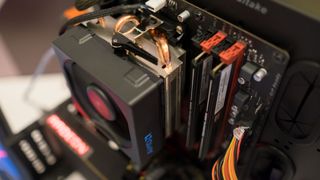
In fact, CPU and GPU sales on NewEgg are at their highest when a new product launches, McIntosh tells us.
"When a new model of a CPU or GPU comes out, people snap them up," he says. "When a new monitor or a new complementary technology, such as VR, comes out, we see a pickup in sales, too. And naturally, during the holidays when we work with vendors to run promotions, we see another spike in sales."
So, not only are CPUs and GPUs most popular when new ones come out, but the buzz surrounding Ultra HD monitors and virtual reality headsets, like the HTC Vive and Oculus Rift, are sure to stir upgrading interest as well. Even a new game release, like Overwatch, can entice PC enthusiasts to make the jump to a more competent CPU or GPU.
Taming the impulse
Waiting a few months after a new CPU or GPU launch is, ultimately, the happy medium between a risky pre-order and an outdated purchase. By then, reviews will be readily available for you to make an informed decision on which components are right for you, and any major firmware deficiencies should have already been addressed.
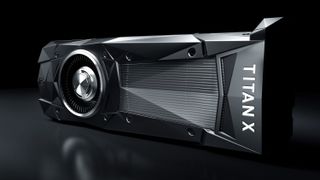
If you can find an older part on the cheap, dramatically lower-priced than its modern day equivalent, it may be worth the compromise. Otherwise, it's usually more affordable in the long-run just to buy new. Nvidia's Titan X of yesteryear, for instance, has been significantly out-powered by the GeForce GTX 1070, which sells at a fraction of Titan's original cost.
That said with new processing units being seeded annually at this point, there is some fear associated with buying an older CPU or GPU would only accelerate the obsolescence of your PC. In this case, you're better off forking out the cash for the latest budget-friendly offerings or waiting for a sale on the latest and greatest from AMD, Intel and Nvidia rather than holding out until the last-gen parts hit the bargain bins.
After all, McIntosh says, "Some of the best cards rarely go down in price until they are nearly gone."
This article is part of TechRadar's Silicon Week. The world inside of our machines is changing more rapidly than ever, so we're looking to explore everything CPUs, GPUs and all other forms of the most precious metal in computing.
